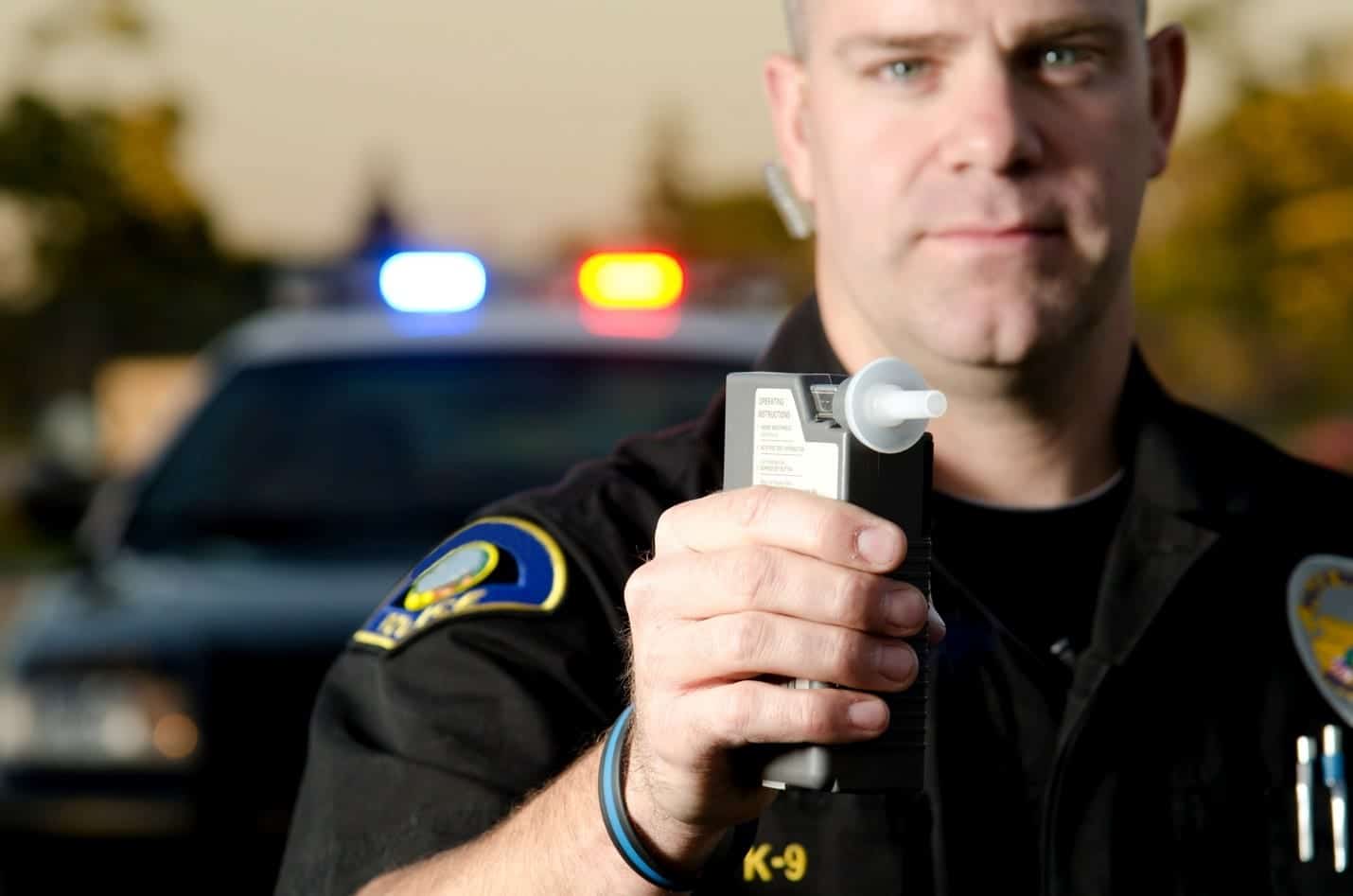Getting pulled over on suspicion of a DUI – driving under the influence – can be a scary experience. You definitely didn’t think you’d be stopped, and you probably assumed you weren’t that drunk to drive. But now that you’re in the moment, you can’t be sure.
So when a law enforcement officer asks you to take a breath or blood test to confirm your blood alcohol content (BAC), what should you do?
Do you refuse to take the test just in case you actually are over the legal BAC limit of 0.08? Or do you take the test, knowing there’s a chance it could go either way?
Before you make a big decision like this, it’s important to know the facts along with the pros and cons about refusing a DUI test here in North Carolina.
Understanding Implied Consent
Our state has an implied consent law. This means that if you are arrested by a police officer who believes you are driving under the influence and has probable cause to pull you over, then you automatically consent to taking a chemical test to determine your BAC.
This test can be administered at any relevant time after you have been driving. Though “relevant time” is up for debate because there have been situations where people were tested hours after they were driving.
But what if you haven’t been arrested?
A police officer can still ask you to take a breath test at a DUI checkpoint, if you were involved in an accident, or even if you were caught violating a traffic law and the officer reasonably believes you’ve been drinking. You can refuse this preliminary test, but if an officer has a reasonable belief that you’ve been drinking and driving, he or she can arrest you. And then the implied consent law kicks in and you’re back where you started.
The Penalties for Refusing
Ultimately what it comes down to is that when you choose to operate a motor vehicle, you are giving your consent for a chemical test if you’re arrested. You can still refuse at this point, but not without some consequences.
This is how it will go:
- You will be arrested.
- The arresting officer will tell you and give you written notice that your license will be suspended for one year if you refuse a chemical test.
- The officer will also tell you about your right to get another test after you submit to the first one. You have the right to have a witness with you when the test is given. And you have the right to speak with an attorney. But you only have 30 minutes to get your witness to the testing site and consult with your lawyer.
If you still refuse to take the test and this is your first refusal, you will lose your license for a year. After six months, you might be able to get limited driving privileges back as long as you haven’t had a DUI conviction in the past 7 years and didn’t cause an accident that resulted in serious injury or death.
The consequences of getting a DUI are more severe than losing your license for a year, so refusing a DUI test might work in your favor. However, your refusal can also be used against you. A prosecutor can argue that a refusal indicates you were drunk and therefore guilty of a DUI – even though there’s no proof of your BAC. Either way, you should contact an experienced North Carolina DUI lawyer to see what options are available to you to fight back.
About the Author:
Attorney Mike Schlosser represents victims of personal injury, those charged with a crime, as well as those facing traffic charges. A former Guilford County, North Carolina District Attorney, Schlosser has been in private practice at the Law Firm of Schlosser & Pritchett since 1983 and has been a member of the North Carolina State Bar since 1973.









